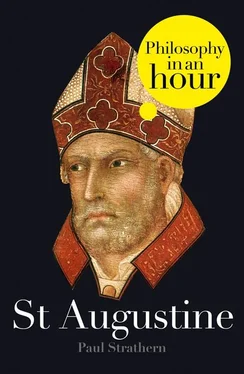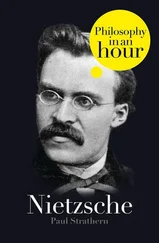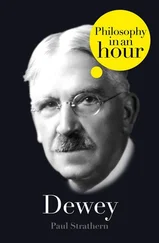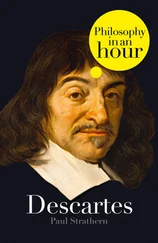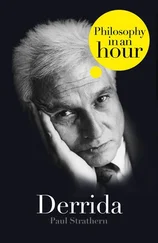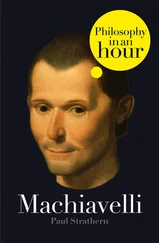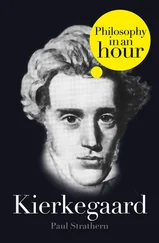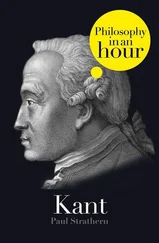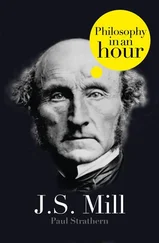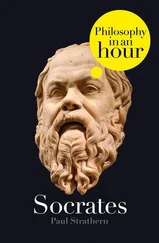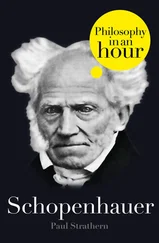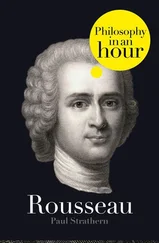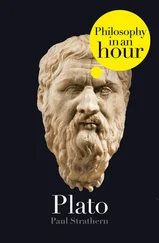Ambrose was one of the ablest minds in Christendom, and his sermons attracted large audiences. Augustine went to hear one and was at once disabused of two prejudices he had held toward Christianity. He saw that this religion could be embraced by a man of great intellect. He also saw that the Bible was a more profound book than he had previously realised, and that it was not always to be understood literally.
A year after Augustine’s arrival in Milan, his mother finally caught up with him. By now Augustine was able to reassure Monica that he was no longer a Manichaean; but he was not yet a Christian either. He still had large ambitions ‘for fame and wealth and marriage’. Monica seems to have been all in favour, and soon persuaded him it was time he found himself a proper wife. A girl of suitable family was selected and they became engaged, despite the fact that she was so young he would have to wait for two years before they could legally marry. But there was a price to pay for all this. ‘The woman with whom I had been living [for over twelve years] was torn from my side as an obstacle to my marriage and this was a blow which crushed my heart to bleeding, because I loved her dearly.’ Augustine’s mistress – who remains nameless throughout the Confessions – was forced to leave her son with Augustine and was sent back to Africa ‘vowing never to give herself to another man’. (This last remark is usually taken as a token of her undying love for Augustine, though women may interpret it differently.) Augustine soon found the prospect of a two-year wait before his marriage quite unendurable, and he took another mistress – yet despite this he remained ‘devastated’ by the loss of his first mistress.
More than ever, Augustine now found himself tormented by ‘the problem of evil’. He could no longer believe in the Manichaeans, largely because of their intellectual inferiority. They appeared unable to answer his questions on astronomy or explain the problem of his irrepressible sexual impulse. Yet there seemed to be no alternative to their dualistic interpretation of the world. The soul of Light within him remained helplessly in the grip of Darkness beyond his control. Yet the very notion of dualism seemed more and more unacceptable to him. Then he discovered the writings of Plotinus.
Plotinus had been born in Alexandria at the beginning of the third century A.D. Like many brilliant critics, he thought he understood what he had read better than the author himself. In this case Plotinus was convinced that he understood the philosophy of Plato much better than Plato himself had managed. In his attempt to explain what Plato had really meant to say, Plotinus transformed Plato’s original theories into what came to be called Neoplatonism. Into the container of Platonic theory Plotinus poured a cocktail of features from Pythagoras, Aristotle, and the Stoics, adding a mystical twist of his own.
Конец ознакомительного фрагмента.
Текст предоставлен ООО «ЛитРес».
Прочитайте эту книгу целиком, купив полную легальную версию на ЛитРес.
Безопасно оплатить книгу можно банковской картой Visa, MasterCard, Maestro, со счета мобильного телефона, с платежного терминала, в салоне МТС или Связной, через PayPal, WebMoney, Яндекс.Деньги, QIWI Кошелек, бонусными картами или другим удобным Вам способом.
